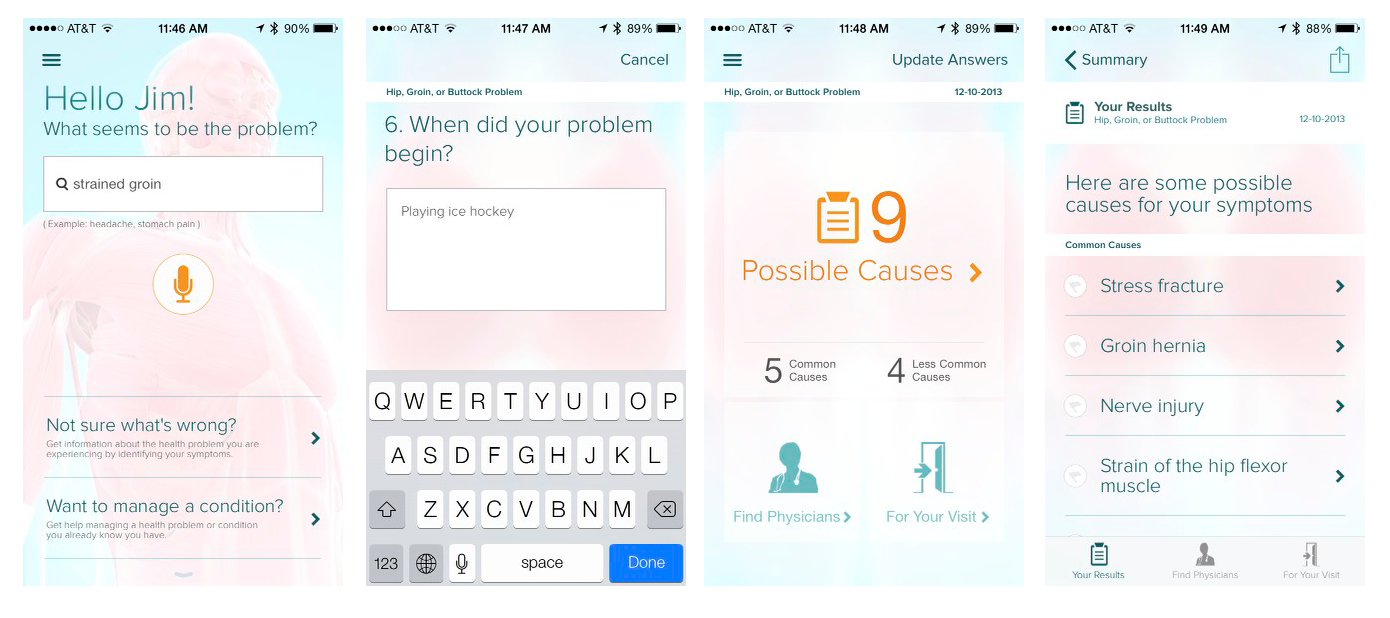The digital "letter" has everything you would expect from a fundraising report and appeal — prose, facts, charts and compelling stories. It also sprinkles in videos, photos, charts and motion graphics, interactive polls, infographics and slide decks. The site's design is inclusive — it automatically translates into six languages, is responsive and looks great on mobile devices. And there's a downloadable PDF for those who want a more conventional annual report.
The "ask" comes in the form of a hashtag (#stopthemyth) that links to partners who are doing the work supported by the Gates Foundation.
The letter focuses on three myths that keep us from *really* helping the poor. Bill and Melinda Gates are the authors of the three sections — they squarely attach their names and reputations to the content.
The three myths:
1. Poor countries are doomed to stay poor.
Bill Gates:
"When I was born, most countries in the world were poor. In the next two decades, desperately poor countries will become the exception rather than the rule."
2. Foreign aid is a big waste.
Bill Gates again:
"Health aid is a phenomenal investment. … A baby born in 1960 had an 18 percent chance of dying before her fifth birthday. For a child born today, the odds are less than 5 percent. In 2035, they will be 1.6 percent. I can’t think of any other 75-year improvement in human welfare that would even come close."
3. Saving lives leads to overpopulation.
Now Melinda Gates:
"The planet does not thrive when the sickest are allowed to die off, but rather when they are able to improve their lives. Human beings are not machines. We don’t reproduce mindlessly. We make decisions based on the circumstances we face."
Finally, the letter ends with an affirming "Looking Ahead" section. The call to action isn't just about giving money — it's about busting the myths (remember the hashtag #stopthemyth) and showing that the "bad news" most of us hear every day can be replaced by the "good news" that comes out of global togetherness.
We hope you will help get the word out on all these myths. Help your friends put the bad news in context.
And to spread that news, Bill Gates asked Jimmy Fallon for his help in making a viral video.












